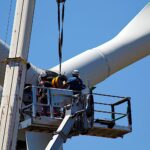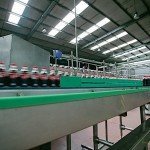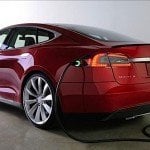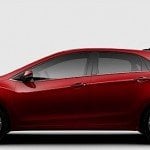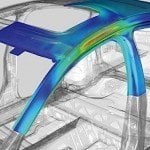Elon Musk’s Boring Company gained worldwide attention when Chicago chose the company to build a futuristic, high-speed transportation link between downtown Chicago and the O’Hare Airport.
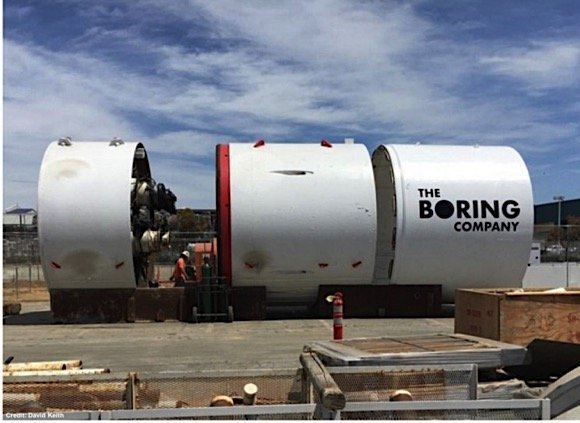
“We’re really excited to work with the Mayor and the City to bring this new high-speed public transportation system to Chicago!” said The Boring Company via Twitter. The system, known as the Chicago Express Loop, will carry passengers in battery-powered vehicles through tunnels, reaching speeds of up to 150 miles per hour.
“Bringing Chicago’s economic engines closer together will keep the city on the cutting edge of progress, create thousands of good-paying jobs, and strengthen our great city for future generations,” said Mayor Rahm Emanuel in a press release. He hailed the project as one which will “help Chicago write the next chapter in our legacy of innovation and invention.”
Until now, many were skeptical of the company’s viability. “Entirely dismissed as a sideshow hobby of Elon Musk, The Boring Company is proving itself capable of evolving into a viable and potentially exceptionally profitable infrastructure business,” said Berenberg autos analyst Alexander Haissl.
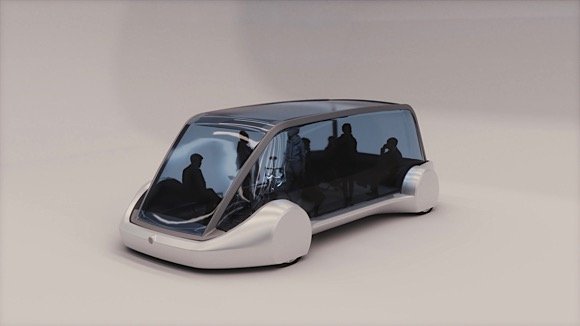
According to Haissl, the deal “provided the foundation and legitimacy that can turn The Boring Company into a highly valuable asset.” In fact, estimates state that the project could add approximately $16 billion to its valuation.
The Chicago Tribune reported that The Boring Company has estimated that the 18-mile route can be completed for less than $1 billion, due in part to its dimensions, which are smaller than traditional subways. According to The Boring Company, the project will be “100 per cent privately funded.”
The 16-passenger vehicles are projected to cut commute time from 40 minutes to just 12, which the company states is “three to four times faster than existing transportation systems.”Although Musk originally pitched an idea for a hyperloop capable of speeds as high as 760 miles per hour, it has since been downgraded and dubbed Loop, due to its smaller dimensions and far less ambitious goals. These changes allow for a much more manageable project that is inexpensive and bypasses regulatory hurdles thrown Musk’s way following the announcement.
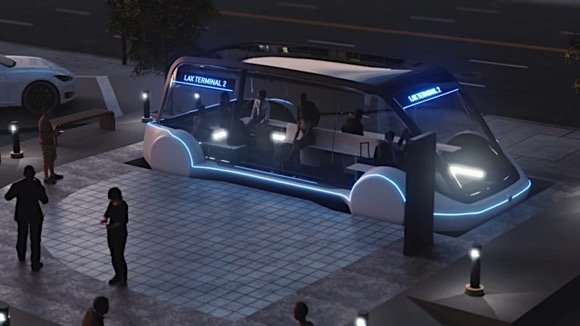
“On conservative assumptions, and taking into account similar businesses like Getlink, we estimate the potential enterprise value could be as high as USD $16 billion,” said Haissl. “With Tesla set to become a key supplier to The Boring Company, it will likely mean an early opportunity to take a stake in the business, potentially without cash consideration.”



